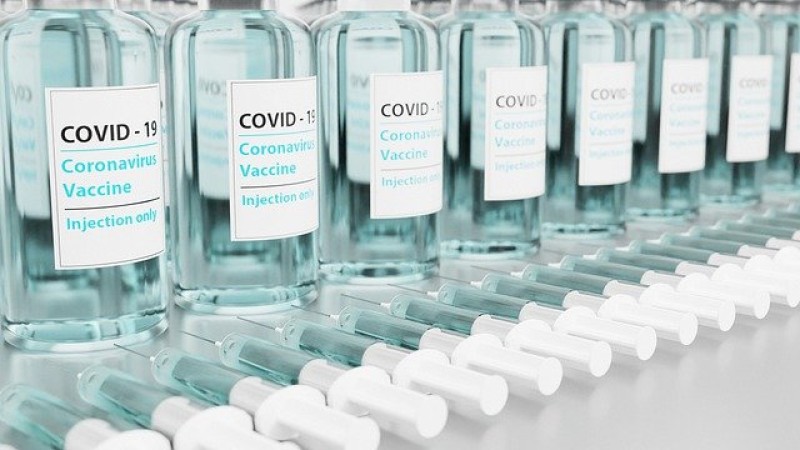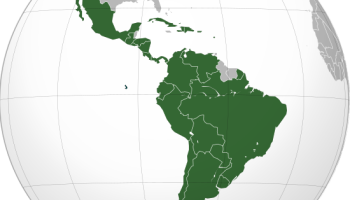“It is essential that law enforcement is as prepared as possible for what will be an onslaught of all types of criminal activity linked to the COVID-19 vaccine,” said the international law enforcement agency’s Secretary Jürgen General Stock, in a statement released on Wednesday.
Interpol issued it’s Orange Notice - a warning describing a serious and imminent threat to public safety - which “outlines potential criminal activity in relation to the falsification, theft and illegal advertising of COVID-19 and flu vaccines, with the pandemic having already triggered unprecedented opportunistic and predatory criminal behaviour.”
The agency believes that groups which across the world have exploited the pandemic for their own financial benefit, engaging in scams, theft and forgeries of everything from COVID-19 testing kits to masks, will look to infiltrate the distribution and dissemination networks of the vaccine as it becomes available.
Criminal groups will try to market their own fraudulent vaccines disguised as the legitimate one, the agency said. “Criminal networks will also be targeting unsuspecting members of the public via fake websites and false cures, which could pose a significant risk to their health, even their lives,” Stock added.
It’s not the first time Interpol has voiced its concern about law enforcement’s preparedness to deal with the criminal activity brought on by the vaccine.
Last month, Stock said the vaccine would be “the equivalent of liquid gold to organized crime networks.”
In response, the agency updated its guidelines to “help police identify and address crimes impacted by COVID-19, including domestic violence, child abuse and cybercrime.”
The guidelines also include recommendations related to deliberate contamination, public order, fraud and money laundering and must be in line with applicable human rights standards, national legislation, policing best practices and in coordination with national public health authorities, it said.






